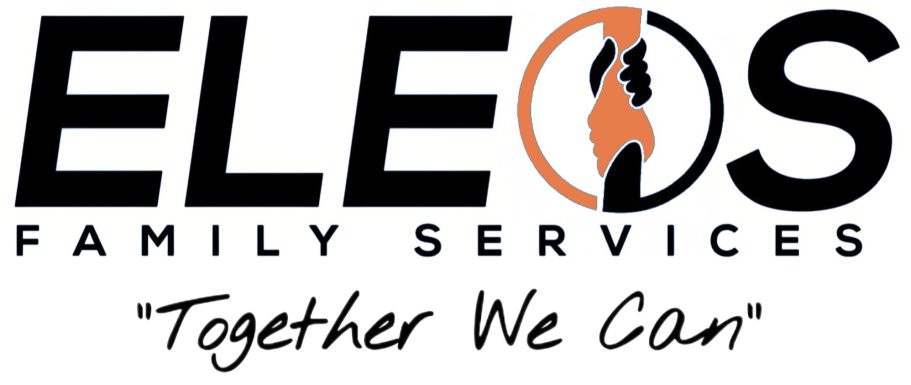Child/Adolescent Rights & Responsibilities
Child/Adolescent Rights & Responsibilities were established with the expectation that observance of these rights will contribute to more effective Child/Adolescent care and greater satisfaction for the Child/Adolescent, family, provider, and agency. Child/Adolescents shall have the following rights inclusive of any age, race, ethnicity, national origin, color, gender identity/expression, sexual orientation, religion, culture, ability/disability, personal values or belief systems.
Child/Adolescent Rights & Responsibilities
Child/Adolescent Rights & Responsibilities were established with the expectation that observance of these rights will contribute to more effective Child/Adolescent care and greater satisfaction for the Child/Adolescent, family, provider, and agency. Child/Adolescents shall have the following rights inclusive of any age, race, ethnicity, national origin, color, gender identity/expression, sexual orientation, religion, culture, ability/disability, personal values or belief systems.
The Child/Adolescent Has The Right To:
Receive the professional care needed to regain or maintain their maximum potential.
Expect staff who provide service to be friendly, considerate, respectful, qualified through education and experience, and perform services for which they are responsible with the highest quality.
Expect full recognition of individuality, including privacy in treatment and care, with confidentiality kept in regards to all communications and records. Complete information, to the extent known, regarding diagnosis and treatment.
Be fully informed of the scope of services available at the agency, emergency resources, and related fees for services rendered.
Be a participant in decisions regarding the intensity and scope of treatment. If the patient is a minor, or unable to participate in those decisions, the patient’s rights shall be exercised by the patient’s legal guardian.
Refuse treatment to the extent permitted by law and be informed of the consequences of such a refusal. The Child/Adolescent accepts responsibility for their actions should they refuse treatment or not follow the treatment plan agreed on.
Approve, or refuse, the release of records to any individual outside the agency, except as required by law or third-party payment contract.
Be informed of research/educational projects affecting their care or treatment, and can refuse participation in such research, without compromise to usual care.
Express and / or file grievances/complaints and suggestions at any time, without interference or retaliation.
Change primary service provider if other qualified service providers are available.
Be fully informed, and involved, before any transfer to any other service provider or organization.
Express those spiritual beliefs and cultural practices that do not harm others or interfere with agency
The right to be free from unnecessary or excessive medication (see N.J.A.C. 10:37-6.54).
The right to not be subjected to non-standard treatment or procedures or research, psycho-surgery, sterilization, electro-convulsive therapy, or provider demonstration programs, without written informed consent, after consultation with counsel, or interested party of the Child/Adolescent’s choice.
i. If the Child/Adolescent has been adjudicated incompetent, authorization for such procedures may be obtained only pursuant to the requirements of N.J.S.A. 30L4-24.2(d) 2.
The right to treatment in the least restrictive setting, free from physical restraints and isolation, provided, however, that a Child/Adolescent in inpatient care may be restrained or isolated in an emergency pursuant to the provisions of N.J.S.A.30:4-24.2d(3).
The right to be free from corporal punishment.
The right to privacy and dignity.
The right to the least restrictive conditions necessary to achieve the goals of treatment/services.
The Child/Adolescent Is Responsible For:
Being considerate of other Child/Adolescents and personnel and for assisting in the control of noise, smoking, eating, and other distractions.
Respecting the property of others and the facility.
Reporting whether they clearly understand the treatment plan, and what is expected of them.
Keeping appointments and, when unable to do so for any reason, notifying Eleos 24 hours in advance.
Recognizing that the given appointment time is dedicated to the Child/Adolescent, and arriving on time for that appointment.
Providing staff with the most accurate and complete information regarding present concerns, past history, hospitalizations, medications, changes, or any other Child/Adolescent health or circumstance matters.
Observing the rules of the agency during their treatment and, if instructions or agreed plan is not followed, forfeits the right to care and the agency is responsible for the outcome.
Promptly fulfilling their financial obligations to the agency.
Reporting any change in insurance, financial ability, and status.
We need your consent to load the translations
We use a third-party service to translate the website content that may collect data about your activity. Please review the details in the privacy policy and accept the service to view the translations.

